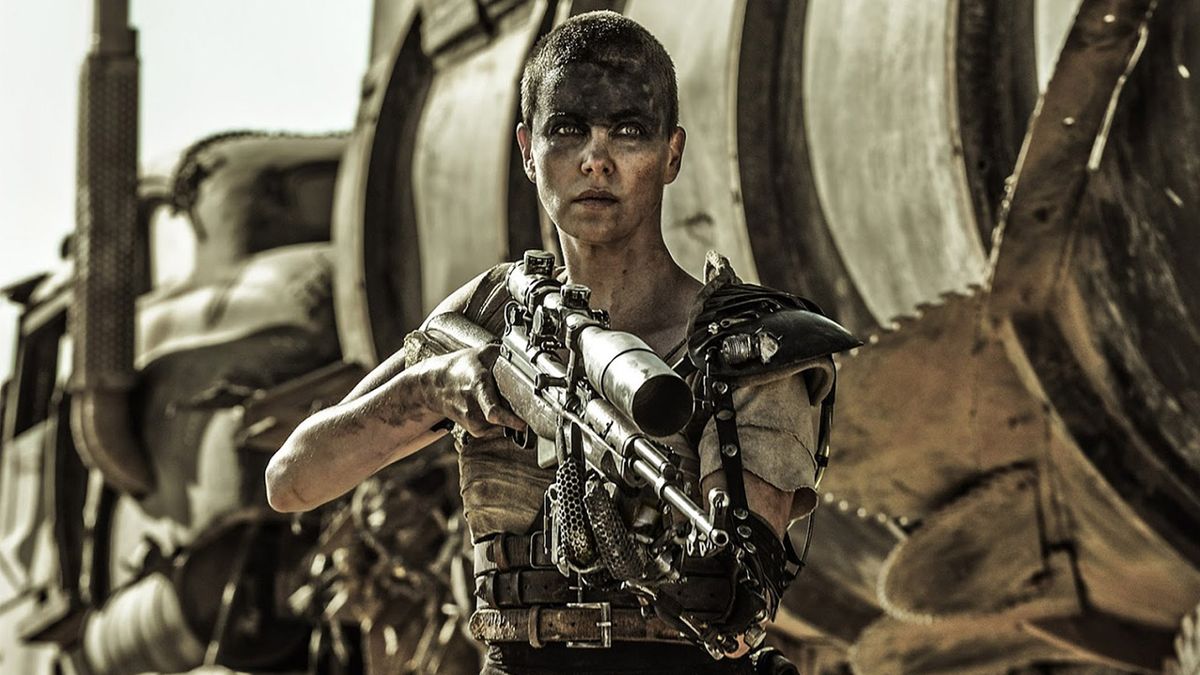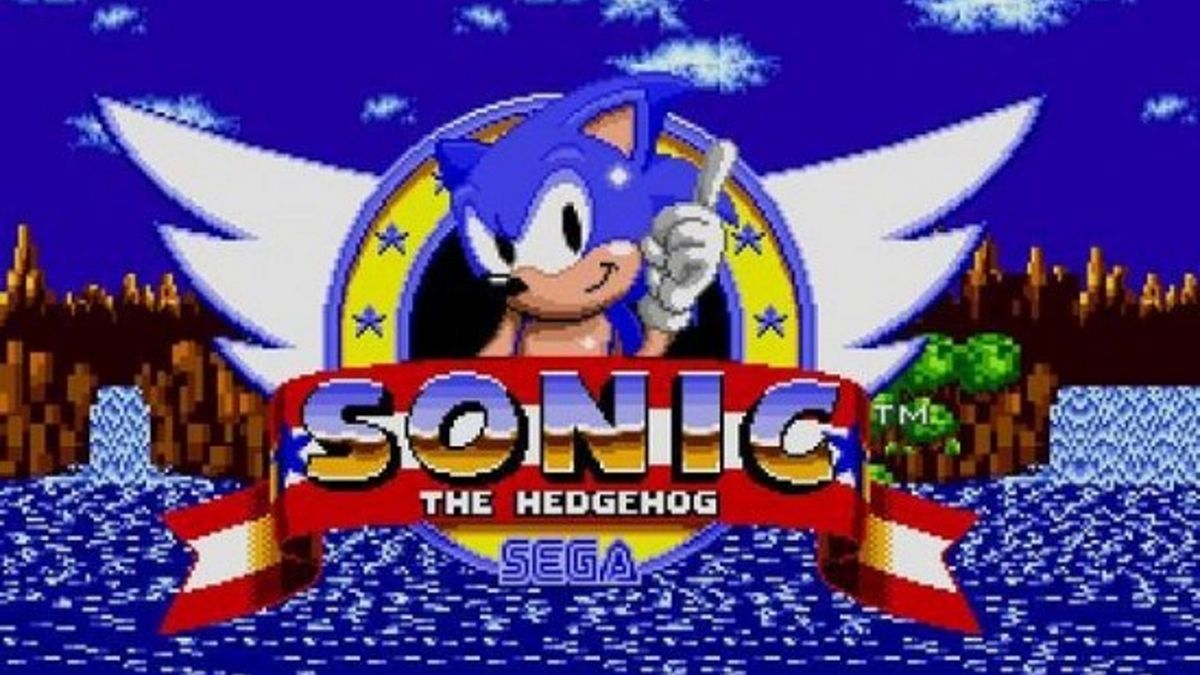So Heavy Rain creator David Cage has been rattling on (opens in new tab) about the state of creativity in video games again. He seems to think that the abundance of identikit FPS means that gaming is in danger. I find my palm meeting my face at painfully high speed, with an almost sexual level of attraction. My face now stings. But even more resounding than the painful reverberation of flesh upon increasingly-pink flesh is the unmistakeable sound of a man missing the point by a good 180 degrees. Because the fact is that games are creatively healthier than they have ever been, and you have no-one to blame but yourself if you can’t see that.
Rather than witnessing a medium in creative stagnation, it strikes me that what Cage is doing here is the equivalent of eating at McDonald’s every day and then complaining that all food is terrible and worldwide obesity is inevitable. Or to put it another way, using the more culturally ingrained example of a better-established medium, a person who frequents the cinema weekly but only watches the big shiny Hollywood blockbusters has no right to say that film is dying just because he hasn’t seen anything decent lately.

Games are fine. They provide more ideas, experiences, intellectual and emotional content, and good old clever interactive stimulation than ever before in a more broadly eclectic array of styles, scales, genres and tones than at any other point in their history. There’s limitless developer freedom and vast potential for getting any kind of game into the hands of an audience who will appreciate it. The fact is that if you can’t find anything worthwhile to play, then it’s your own damn fault for not looking hard enough.
I get that there are problems. Don’t get me wrong here, I’m not saying that every publisher in the world is bursting at the seams with a shimmering rainbow of benevolent creative ideas. I’m not saying that this year’s big E3 press conferences were exactly a bounty of eclectic innovation. They weren’t. They were a quagmire of indistinct perma-killing. Going off their evidence alone, every big triple-A franchise now looks and plays the same. Every game is an identikit gore cocktail, made up of the same bits of Gears of War, Assassin’s Creed and Uncharted. Choosing between them is like trying to make a qualitative judgment over different brands of bottled water.
Budget spent and creative risk taken are usually inversely proportional. That’s the way it works in games. That’s the way it works in any medium. The higher the profit required, the more people a publisher will want to appeal to, and the safer the product will be. That’s why 90% of TV is vacuous crap for undemanding idiots. That’s why big budget films are little more than talking explosions with toy and TV licenses attached. And that’s why all the big budget game franchises are homogenising, desperate as they are to tick off all the same gameplay elements, presentation features and QTE stabbing options that their rivals have. And as a result they are losing their USPs, and have to fight even harder to stand out. Which they do by adding even more explosions and QTE stabbings.
But you know what? That doesn’t matter. Mainstream media culture has always worked that way. And it always will. And it doesn’t matter. Because a little to the left of the noise you always find the real stuff. For every Disney, there’s a Pixar, a Ralph Bakshi or an Adult Swim. For every Michael Bay there are hundreds of thousands of real film-makers making real, creative, meaningful films on a whole variety of budgets. And games work the same way. And with the internet being a thing that exists now (seriously, check it out, it’s right in front of you) there’s absolutely no reason to limit what you consume to what you’re spoon-fed by the guys with the big marketing budgets and the giant fear of failure. It’s the nature of mainstream entertainment in any medium to provide flashy, easily-digestable popcorn content, and it’s naive to assume that it won’t. But shiny mainstream entertainment is only ever the tip of any media industry.

David Cage doesn’t seem to get this though. He says that “in most video games story’s not very important” He says that he wants games to be expressive. He says that TV and film are expressive, but that in the games industry “we just shoot and jump”. He says “It’s great that you can shoot at monsters”, but that games should offer “something deeper and interactive” too. Frankly he seems to misguidedly patronise the entire medium he supposedly cares about.
He seems to ignore or be completely unaware of the real state of games as a medium, being so focused on the Call of Duties of the world (in order to draw direct comparison to the “deeper” work he does) as to discount the vast array of important work being made easily available by the world’s developers every day. He seems to live in a world where the affecting ambient narrative of Dear Esther (opens in new tab) doesn’t exist. Where Jonathan Blow never turned an existential musing on regret and alienation (opens in new tab) into one of the biggest games on Xbox Live Arcade. In which a black and white abstract nightmare didn’t become one of the platformer hits of the year on a console long deemed “the shooter-machine”.
For whatever reason, be it ignorance or deliberate non-acknowledgement, Cage seems to boil the entire medium he works in – and supposedly cares about the artistic health of – down to the most mainstream releases on the big consoles. If I was being utterly, dreadfully, shamelessly cynical I’d put forth the thesis that the best way to make one’s own work look more innovative than it actually is would be to ignore genuine innovation and only compare oneself only to works aimed at the lowest common denominator. But I’m certainly not cynical. Oh no.
But the fact remains that Cage’s lament is an unnecessary and utterly unfounded one. And it seems to come from the kind of uninformed standpoint that can only lead to self-fulfilling prophecies if used as evidence of creative stagnation. You keep looking at things you don’t like and ignore all the things you do like, you’re going to end up sad.
Don’t be sad like David Cage. Find the kind of games you do like and be happy.
It’s great.
 Game News Video Games Reviews & News
Game News Video Games Reviews & News



